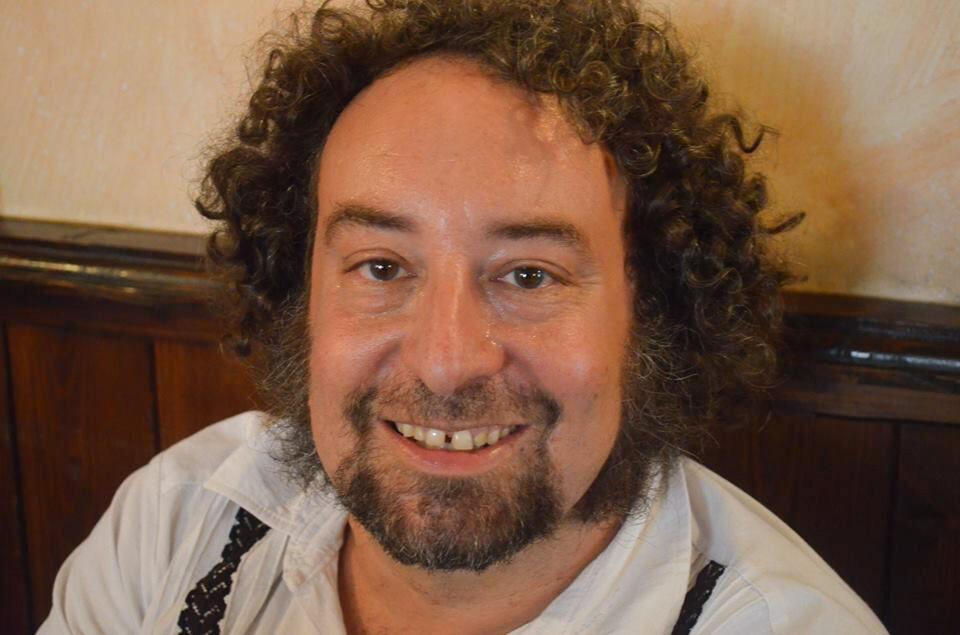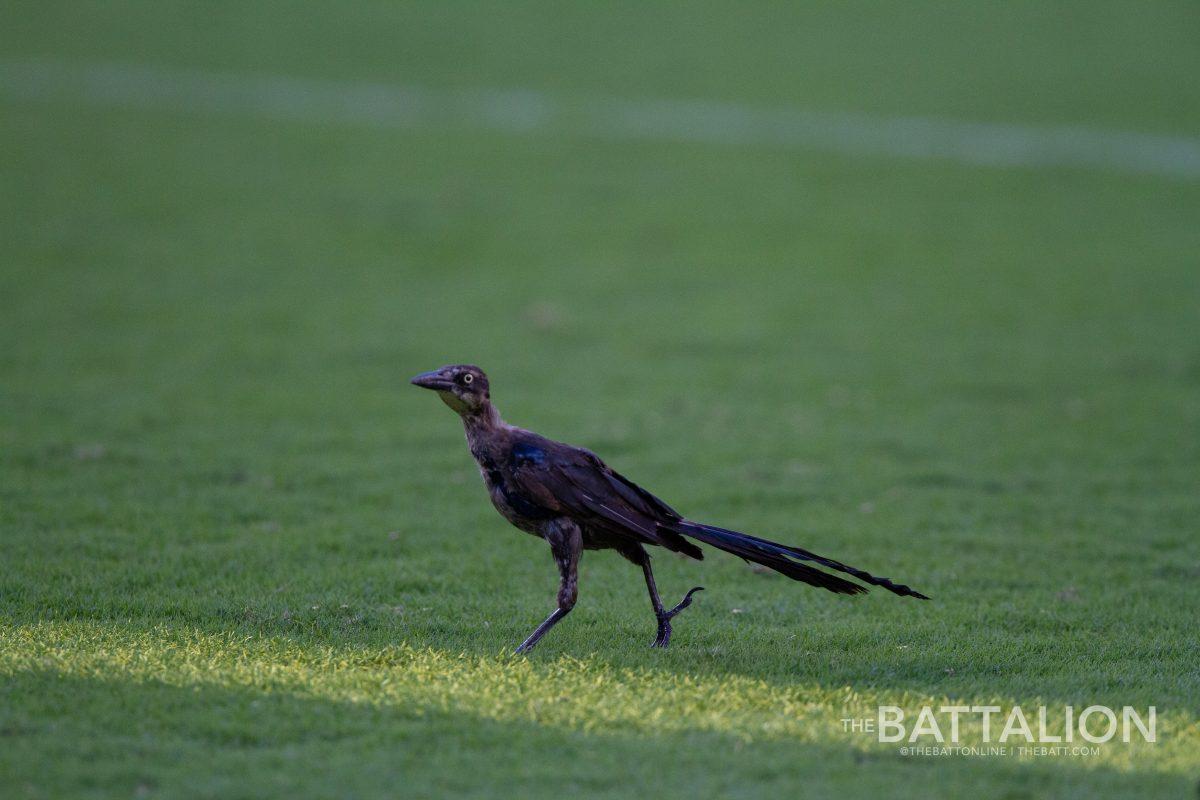With the recent revelations in mate choice, a Texas A&M professor has contributed to the discussion with his book, Mate Choice: The Evolution of Sexual Decision Making from Microbes to Humans.
Gil Rosenthal, biology professor and evolutionary biologist, focuses on the consequences and evolutionary origins of animal behavior. Rosenthal’s said his lab aims to understand how mate choice and signaling contribute to evolutionary and ecological processes.
“My lab’s original research, like everyone’s, necessarily focuses on a narrow set of questions and organisms. I focus on how mate choice interacts with hybridization in swordtail fish. I wanted to really become an expert on how people were thinking about mate,” Rosenthal said.
Mate choice is a process, or a selection, that evolves and depends on the physical attractional traits of an individual, according to Rosenthal. This process is evolutionary because the desired qualities in a mate can be passed down with increasing frequency to each generation. The primary idea that females choose mates depending on the passing of good genes to the next generation is what Rosenthal seeks to dissect and falsify in his book.
“There has not been an extensive review of this field since 1994. Anyone working in this field will want to read this exhaustive and authoritative synthesis of mate choice,” Mike Ryan, University of Texas zoology professor, said.
To broaden the concept of mate choice, Ryan adds that it can cross over many fields of science and believes that Rosenthal accurately integrated areas through the means of mate choice.
“This is a topic that is the basis for Darwin’s second great theory, that of sexual selection,” Ryan said. “Mate choice concerns not only the field of evolution, but animal behavior, neuroscience, ecology, and comparative psychology.”
Rosenthal said he agrees that thoughts on mate choice have been stagnant for the last couple of decades.
“People have normally thought of mate choice in terms of the individuals – usually males – being chosen: Why do female peacocks, for example, like males with big showy plumage? Is it because those males are going to sire offspring that are better off than the offspring of males who are humble and drab? It turns out that the answer to that is ‘not necessarily’ and to understand why, you have to focus on the mind of the peahen rather than the train of the peacock,” Rosenthal said.
Rosenthal worked on his book over a period of seven years. He said he hopes that this will initiate connections between fields and change the way of thinking about mate choice. Lixing Sun, behavioral and evolution professor at Central Washington University, said he thinks the book will guide research in the upcoming years of the scientific community.
“The book is a massive synthesis of our state-of-the-art knowledge about mate choice,” Sun said. “I call it an opus. It’s an academic book that could be used for upper level undergraduates and graduate students as well as a textbook or a advanced reading material in the study of animal behavior.”
Sun has read the book twice and given a review in the journal, Science.
“Gil and I are colleagues now and his book will give me more information in many other fields and topics that I have not been able to catch up with. So, the book will be tremendously helpful in my research on sexual selection, animal communication, and evolution as well,” Sun said.
To find inspiration in writing, Rosenthal said he looks to his colleagues. He started a journal , which consisted of grad students, and sought to ease development of ideas. Rosenthal further credits the engagement in people’s time and the desire to give back to them as another source of inspiration.
Rosenthal said the publication of his book has made an impact on his life, validating his work and giving him assurance in his research going forward.
“It made me simultaneously humbler and more confident. More confident, because I feel like an expert now,” Rosenthal said. “Humbler, because I realize there’s so much we don’t understand as a research community and so much more I don’t understand as an individual.”
Professor publishes book on mate choice concept
October 11, 2017
Photo by Courtesy
Dr. Gil Rosenthal, biology professor and evolutionary biologist, worked on his book Mate Choice: The Evolution of Sexual Decision Making from Microbes to Humans for over seven years.
0
Donate to The Battalion
$1915
$5000
Contributed
Our Goal
Your donation will support the student journalists of Texas A&M University - College Station. Your contribution will allow us to purchase equipment and cover our annual website hosting costs, in addition to paying freelance staffers for their work, travel costs for coverage and more!
More to Discover










